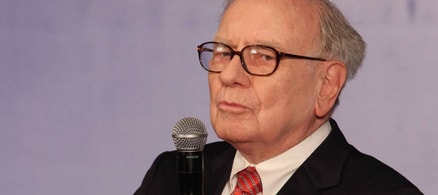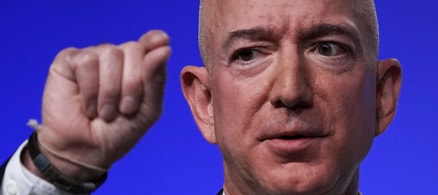Rules for failing
Huang earned his master’s degree in electrical engineering from Stanford University in 1992. In 2011, he returned to his alma mater to deliver a lecture on the challenges and rewards of building a company.
Central to his discourse was the concept of failure.
“If you want to be successful, I would encourage you to grow a tolerance for failure,” he stated.
However, Huang clarified that he's not advocating for failure per se.
“If you fail often enough, you actually might become a failure — and that's different than being successful,” he explained. “So the question is, how do you teach someone how to fail, but fail quickly? And to change courses as soon as you know it's a dead end?”
The answer, according to Huang, is something called intellectual honesty. The approach is straightforward: “We assess on a continuous basis whether something makes sense or not. And if it's the wrong decision, let's change our mind.”
He contended that to create a company capable of inventing “amazing things that solves problems for the world that it sometimes didn't even know it had,” building a tolerance for risk-taking is crucial. At the same time, it’s also essential to “teach people how to fail but fail quickly and inexpensively.”
According to Huang, this mindset is vital because innovation is predicated on experimentation, which necessitates exploration, and exploration may lead to failure.
“Unless you have a tolerance for failure, you will never experiment and if you don't ever experiment, you will never innovate. If you don't innovate, you don't succeed,” he concluded.
Sponsored
Follow These Steps if you Want to Retire Early
Secure your financial future with a tailored plan to maximize investments, navigate taxes, and retire comfortably.
Zoe Financial is an online platform that can match you with a network of vetted fiduciary advisors who are evaluated based on their credentials, education, experience, and pricing. The best part? - there is no fee to find an advisor.






